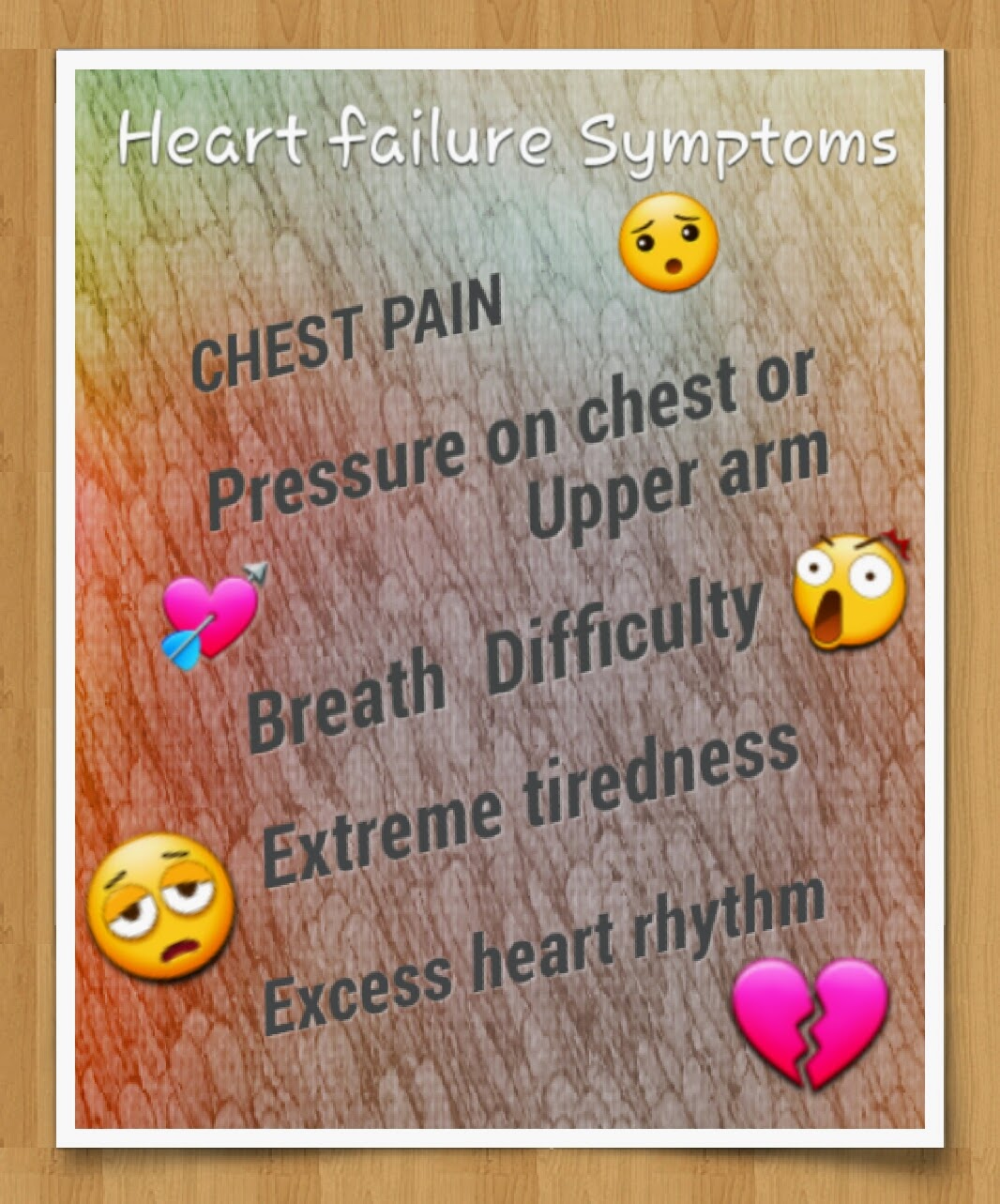There is no confusion that its much more better to lead a healthy lifestyle than undergoing medical complication.
Some of possible Lifestyle modification can be like the below one.otherwise you may have to go under lots of complication.
# keep in mind The problems related to heart disease
# also knowrisk of high blood pressure
PREVENTION OF HYPERTENSIVE HEART DISEASES
It's prevention includes two process
1. Controlling HIGH BP
2.LIFESTYLE CHANGES
●Healthy diet
● promotion of weight loss
●regular exercise
●Avoid alcohol intake
●just learn to hate smoking.
●Drug treatment may also be needed to control the hypertension and reduce the risk of cardiovascular disease .
●Patients with hypertensive heart disease should avoid taking over the counter non-steroidal anti-inflammatory drugs (NSAIDs), or cough suppressants, and decongestants containing sympathomimetics, unless otherwise advised by their physician as these can exacerbate hypertension and heart failure.
RELATED POSTS
1.How high blood pressure harms you?
2.factors behind your hypertensive heart disease


